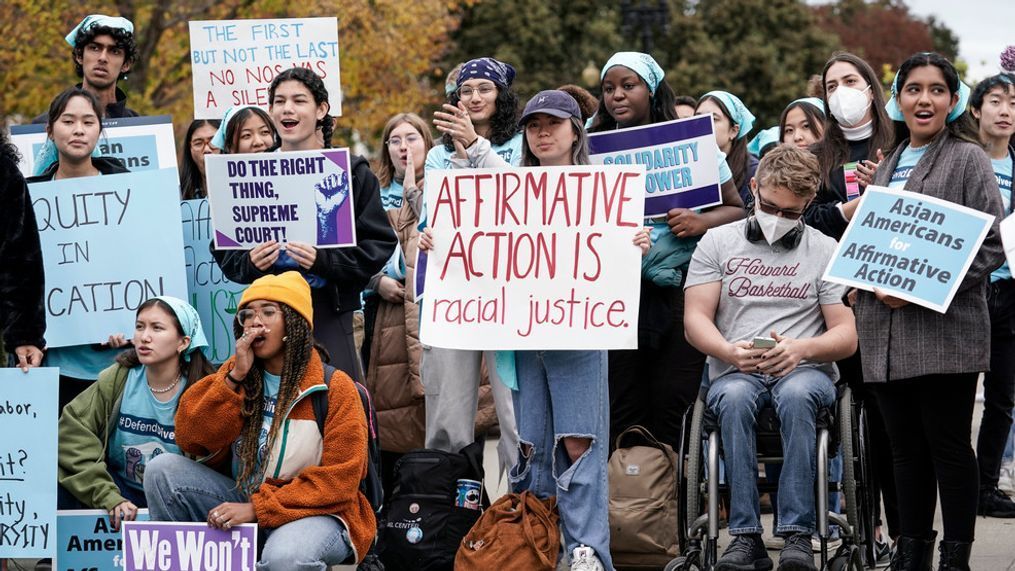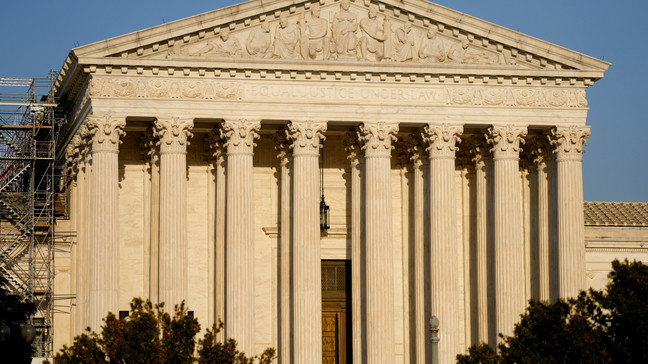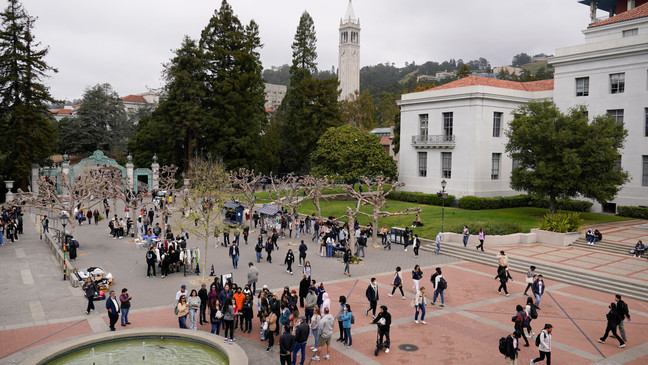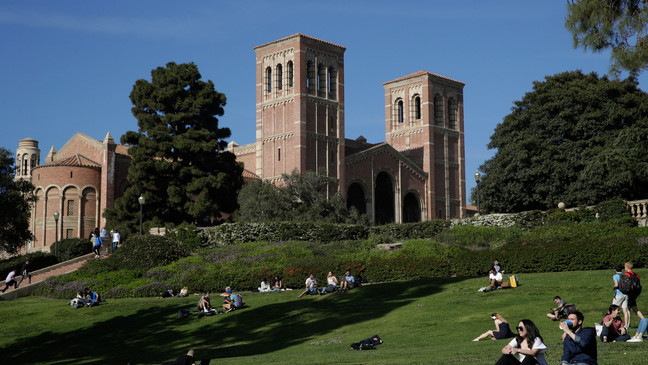Fact Check Team: Supreme court to rule on affirmative action cases
WASHINGTON (TND) — The Supreme Court is expected to deliver its verdict on two significant affirmative action cases as early as tomorrow.
These cases revolve around admission policies at Harvard University and the University of North Carolina, raising questions about the consideration of race as a factor in college admissions.
According to Students for Fair Admissions (SFFA), the group behind both cases, these policies are being challenged as discriminatory and in violation of the Civil Rights Act and the 14th Amendment.
The SFFA argues that colleges and universities should not consider race as a factor in admissions, saying that both schools violate Title VI of the Civil Rights Act on different grounds. Harvard's admission process, the group writes, penalizes Asian-American applicants, engages in racial balancing, overemphasizes race, and rejects workable race-neutral alternatives while UNC is illegally rejecting a race-neutral alternative to racial admissions preferences.
The impact of affirmative action on college enrollment is unclear because many schools do not disclose all the factors they consider in the admissions process. However, a 2019 survey conducted by the National Association for College Admission Counseling revealed that approximately a quarter of schools reported race having a "considerable" or "moderate" influence on admissions, while over half stated it was not a significant consideration.
Pending Supreme Court decisions on these cases could potentially bring about changes in college admissions policies. It is unknown how far reaching these decisions will be, but if the court rules against considering race, it would provide clarity on the legality of programs schools use to recruit minorities. Additionally, colleges may choose to drop their "test-optional" policies and place more emphasis on ACT and SAT scores.
Previous Supreme Court decisions have already placed limitations on affirmative action. In 1978, the court ruled racial quotas unconstitutional in the case Regents of the University of California v. Bakke. Additionally, at least nine states, including California and Michigan, have enacted state bans on affirmative action at public universities.
In reponse, the University of California and the University of Michigan filed briefs with the Supreme Court that state the schools experienced a drop in campus diversity following the prohibition of affirmative action in their respective states. The institutions also said despite their significant investments in outreach programs to improve diversity, they have been unable to achieve their desired results.



